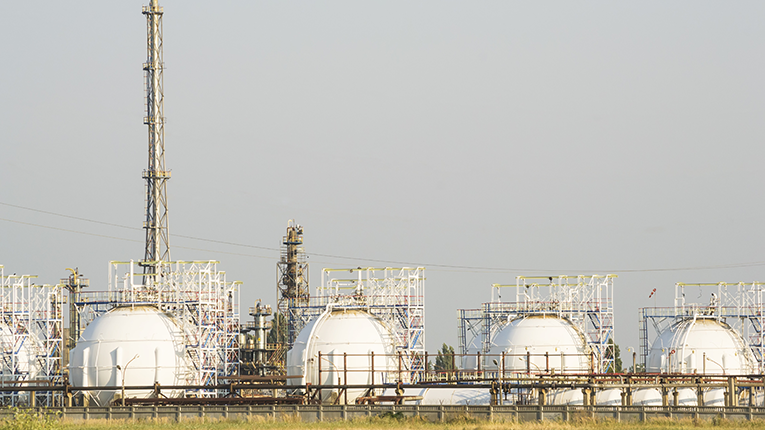Three months after the publication of the legislative proposal by the Commission, the EU Council has finally adopted the regulation which aims to ensure that, despite disruptions in the gas market, gas storage capacities in the EU are full before the winter season and can be shared between Member States in a spirit of solidarity, informs a Council press release.
“Thanks to negotiations in less than two months, the Union now has an instrument that requires each Member State to prepare for the winter period with sufficient gas stocks and to facilitate its sharing between countries. I welcome this highly operational regulation, which, in the international context we know, allows the strengthening of European energy resilience and concrete solidarity between member states,” said Agnes Pannier-Runacher, the French minister responsible for the energy transition, according to Agerpres.
The regulation stipulates that underground gas storage facilities in the territory of the Member States must be filled before the beginning of winter 2022-2023 to at least 80% capacity and to 90% capacity before the beginning of the following winter periods. Globally, the Union will seek to collectively stockpile 85% of its underground gas storage capacity by 2022.
As gas storage capacities and national situations vary widely, Member States will be able, depending on the situation, to partially meet their storage targets by including stocks of liquefied natural gas (LNG) or alternative fuels. In order to take into account the situation of Member States with very high storage capacities in relation to their national gas consumption, the obligation to build up underground stocks will be limited to 35% of the average annual gas consumption of Member States over the last five years.
Some Member States do not have storage facilities in their territory, so the Regulation stipulates that these Member States must store 15% of their annual national gas consumption in stocks located in other Member States and therefore have access to reserves of gas stored in other Member States. The mechanism will increase the security of gas supply to these states, while sharing the financial burden of filling the Union’s storage capacity.
The Regulation also provides for the mandatory certification of all operators of underground gas storage sites by the authorities of the Member States concerned. Their certification aims to avoid potential risks of external influence on critical storage infrastructure, which could jeopardize the Union’s security of energy supply or any other key security interest. An accelerated certification procedure is in place for storage sites with a capacity of more than 3.5 TWh that have been filled at levels below the Union average in 2020 and 2021.
The obligations to fill the storage capacities will expire on December 31, 2025, while the certification obligations of the stock operators will continue after this date. The regulation provides for a derogation for Cyprus, Malta and Ireland as long as these countries are not directly interconnected with the gas systems of other Member States.
